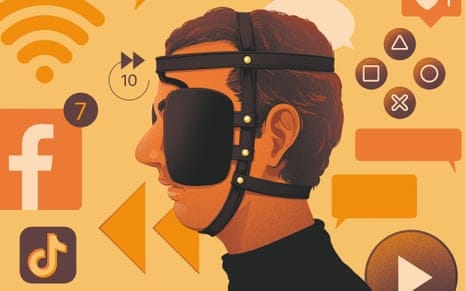Gone are the days of patiently flipping through pages to absorb information. Now, a quick swipe navigates us through a variety of images, movies, and short messages. While this modification has improved connectivity, it has not been without an impact on our attention spans.
Social media sites, which are built for rapid consumption, encourage users to go from one piece of information to the next. As users scroll through endless feeds, our attention becomes a scarce commodity, split into quick glances. This constant exposure to short content conditions our minds for quick satisfaction, making it difficult to concentrate for long periods of time. The implications extend beyond the individual, affecting societal discussions and how information is consumed. In a world of short attention spans, important issues might get oversimplified, details could be overlooked, and the depth of understanding may be compromised.The behaviour extends beyond personal habits, impacting what society sees as normal. From news in short headlines to educational content in simple pictures, the demand for short and quick information has become the norm. While brevity has its merits, it comes at the cost of in-depth understanding and critical thinking.
The transition from turning pages to swiping is more than just a shift in technological mediums, it reflects how we process information and engage with content. As we navigate this digital landscape, it is important to think about the consequences of these changes and find ways to balance the efficiency of swipes with the depth that flipping through once offered. Only then can we reduce the effects of social media on our attention spans and make room for more focused, thoughtful thinking in our fast-changing world.

